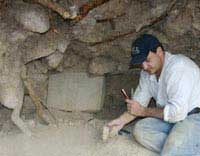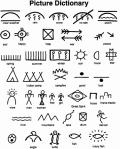The Korean Cultural Heritage Institute has announced that 20 North Song Dynasty coins (960-1127) and a bronze pagoda have been excavated at a temple on Jeju Island, according to China News.
According to South Korea’s YTN television, this discovery can be considered evidence and material for research on the cultural and commercial exchanges between the two nations since ancient times.
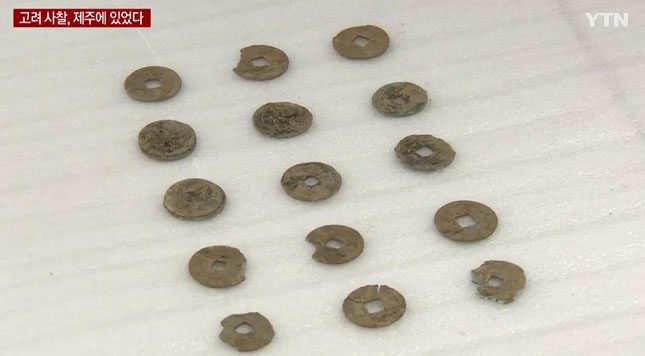
Coins excavated within the temple grounds. (Photo: YTN).
Initial information indicates that three types of coins were uncovered at the temple, including: Xianping Yuanbao, Huang Song Tongbao, and Zhiping Yuanbao.
Based on studies, Korean archaeologists also believe that the temple was constructed in the early to mid-11th century.
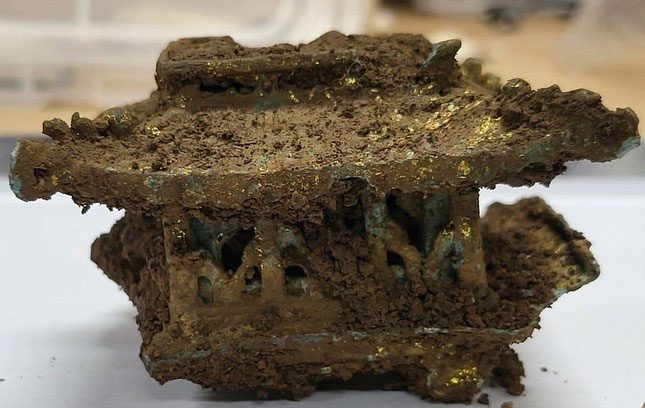
The pagoda made of gold and bronze. (Photo: YTN).
In addition to the coins, a small pagoda made of gold and bronze was also found within the temple grounds. The pagoda is only the size of a person’s fist and was used to contain relics. It features a unique structure with windows and a surrounding railing, and the roof is designed with dragon carvings. Archaeologists have stated that the pagoda is an important cultural relic that could be used to restore the architecture of the Goryeo Dynasty.
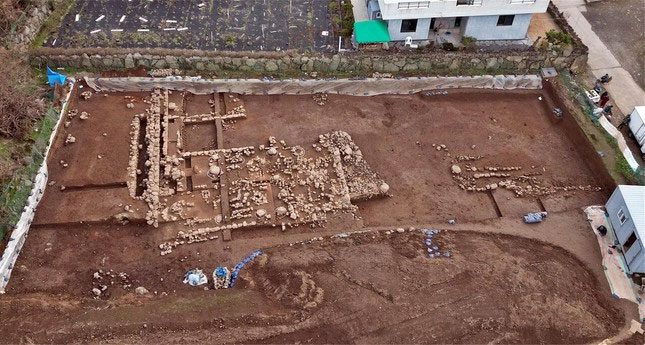
Archaeological excavation site on Jeju Island, South Korea. (Photo: YTN).
This is not the first time cultural relics from China have been discovered in South Korea. A number of cultural artifacts from China, including ancient coins and porcelain, were also found off the coast of a Korean island in November 2020.









































